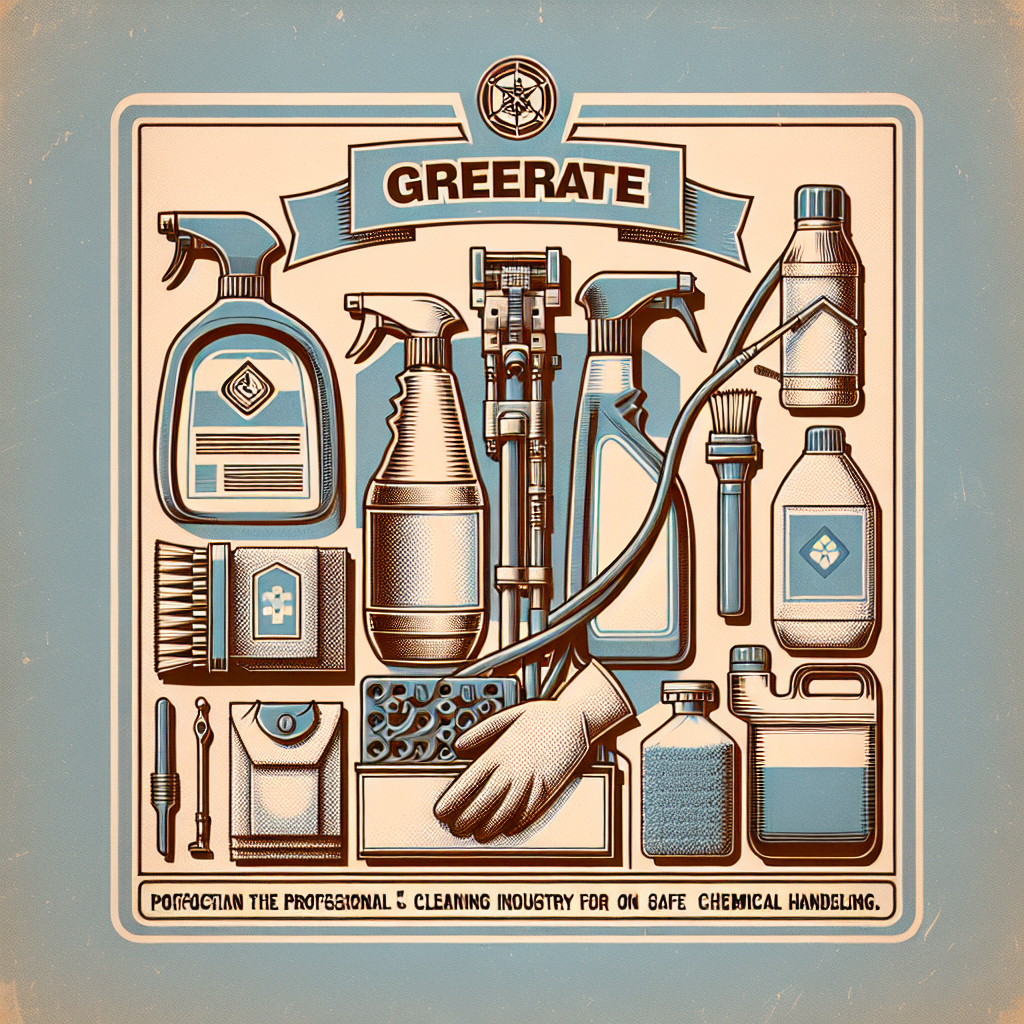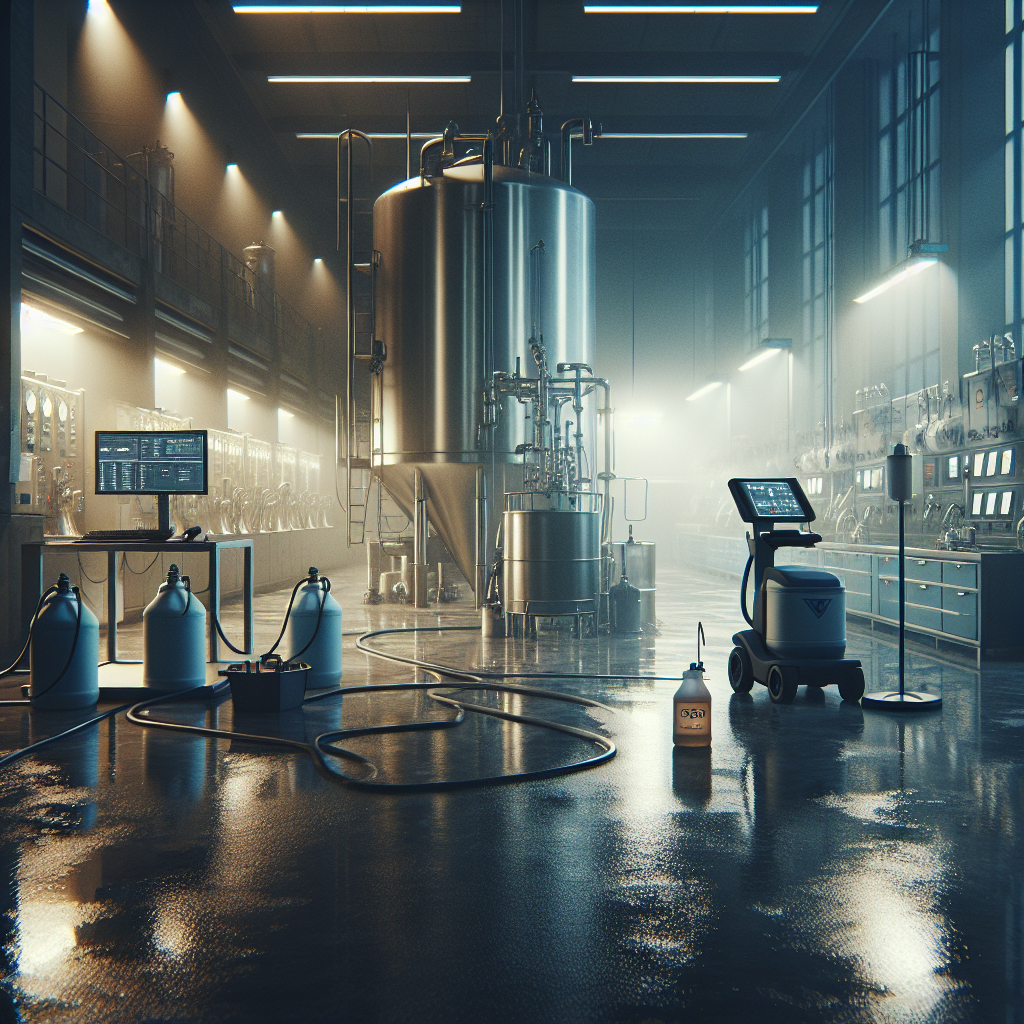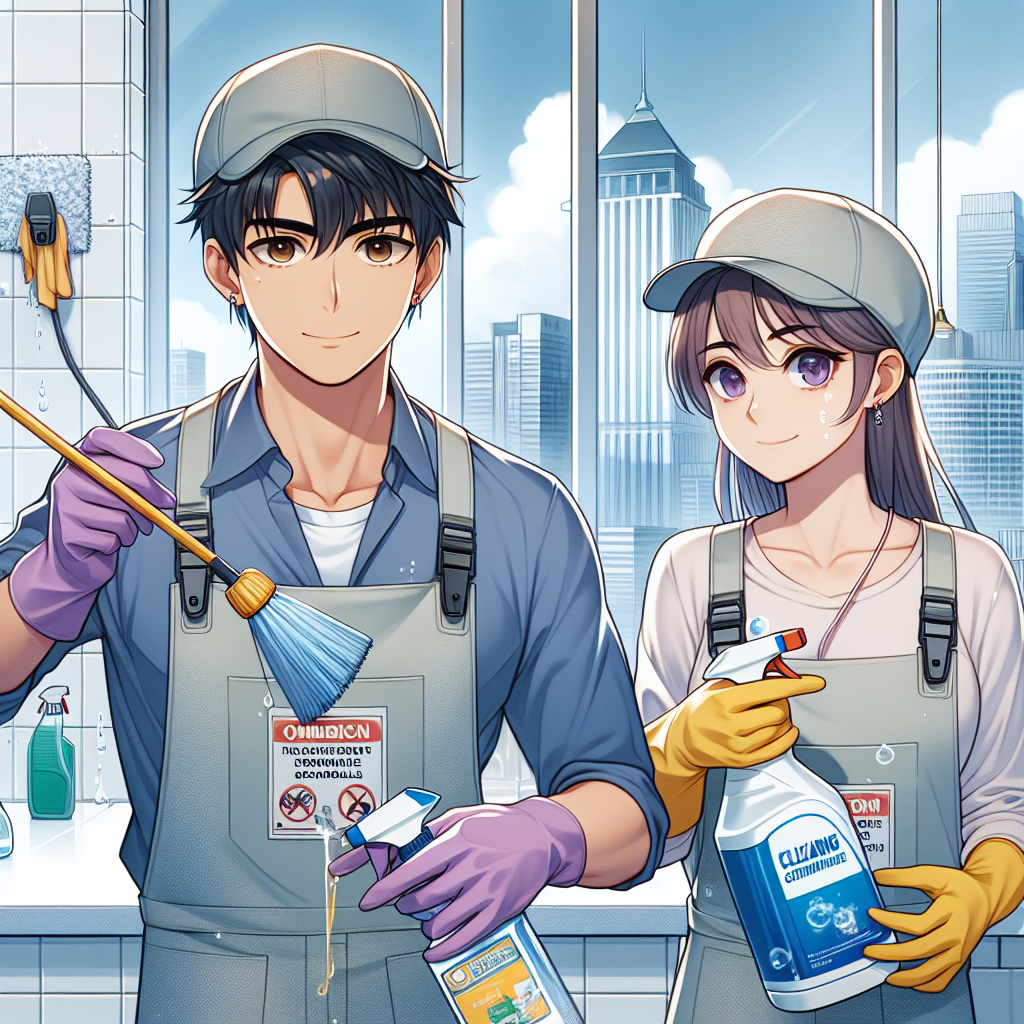Accidents related to chemical handling can have serious consequences in the cleaning industry. As seasoned professionals, it is crucial to prioritize safety above all else. Understanding the best practices for safe chemical handling is not just a recommendation; it is a responsibility. This definitive guide aims to equip you with the knowledge and techniques needed to handle cleaning chemicals safely and effectively.
Importance of Safe Chemical Handling
Chemicals are an integral part of the cleaning process, but they can also pose significant risks if not handled properly. Prioritizing safe chemical handling practices not only protects you and your team but also ensures the well-being of the environment and those who inhabit the spaces you clean.
Precautions Before Handling Chemicals
- Always read the labels and safety data sheets (SDS) of cleaning chemicals before use.
- Wear appropriate personal protective equipment (PPE) such as gloves, goggles, and masks.
- Ensure good ventilation in the area where you will be working with chemicals.
- Keep emergency equipment like eyewash stations and spill kits readily accessible.
Proper Storage of Cleaning Chemicals
Storing cleaning chemicals safely is as important as using them correctly. Improper storage can lead to spills, leaks, or even chemical reactions that pose serious risks.
- Store chemicals in their original containers with intact labels.
- Keep incompatible chemicals separated to prevent accidental mixing.
- Store chemicals in a well-ventilated, cool, and dry area away from direct sunlight.
- Regularly inspect storage areas for leaks, spills, or signs of damage.
Handling Chemical Spills
In the event of a chemical spill, quick and appropriate action is crucial to minimize risks and prevent further damage. Remember, safety first, always.
Steps to handle chemical spills:
- Alert others in the area about the spill and evacuate if necessary.
- Wear appropriate PPE before attempting to clean up the spill.
- Contain the spill using absorbent materials like spill kits or sand.
- Follow the specific spill cleanup procedures outlined in the chemical's SDS.
- Dispose of contaminated materials properly according to regulations.
Personal Hygiene and Safety
Protecting yourself is key to safe chemical handling. Personal hygiene practices can significantly reduce the risks associated with working with cleaning chemicals.
- Wash your hands thoroughly before and after handling cleaning chemicals.
- Avoid touching your face, eyes, or mouth while working with chemicals.
- Change out of contaminated clothing promptly and wash them separately.
- If exposed to chemicals, seek medical attention immediately.
Proper Disposal of Chemicals
Disposing of cleaning chemicals in an environmentally friendly manner is essential for the well-being of our planet and future generations. Improper disposal can harm ecosystems and human health.
- Follow local regulations and guidelines for the disposal of hazardous waste.
- Use designated disposal sites or services for chemical waste.
- Never pour chemicals down the drain or into the environment.
- Recycle empty chemical containers whenever possible.
Training and Education
Ongoing training and education are fundamental in ensuring that you and your team are equipped to handle cleaning chemicals safely and effectively. Invest in knowledge; it's the best protection you can provide.
Tips for continuous improvement:
- Attend regular safety training sessions on chemical handling.
- Stay updated on new cleaning products and their associated risks.
- Encourage open communication within your team regarding safety concerns.
- Seek certifications or qualifications in chemical safety and handling.
In conclusion, safe chemical handling practices are not just a requirement but a commitment to preserving health, safety, and the environment. By following the guidelines outlined in this definitive guide and continuously seeking to improve your knowledge and skills, you are taking proactive steps towards a safer and more sustainable cleaning industry.



